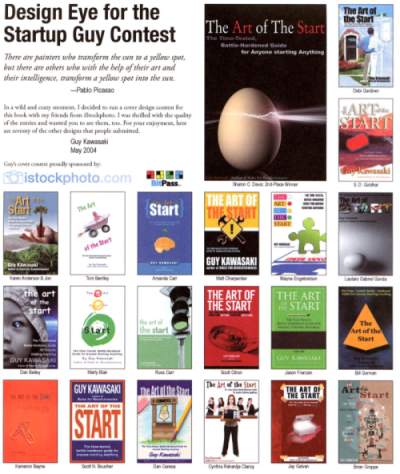My Friend Thomas in Sri Lanka
Sunday evening and into Monday morning, prior to leaving on an out-of-town-trip, I followed the S. Asian earthquake/tsunami stories as I have friends, clients and colleagues in the region. Just before I left Monday morning, this one came through, allowing a small breath in a sea of sorrow. And the Various Journeys Continue . . .: "The seaside of Mutur town is obliterated, but most of the town itself along with the NP House/Office is unscathed. Most families, I've spoken to, however, have suffered some loss. Our landlord lost a daughter, an aunt and several other relations who were traveling on a train to Galle for a wedding. Another friend I spoke with tonight lost his parents and twelve other extended members of his family. The loss at times seems overwhelming; yet we find a way not only to survive, but to thrive. The outpouring of members of the community to each other, which crosses ethnic and religious lines is wonderfully inspiring, even inspiriting, as I just mis-keyboarded. Relief supplies and volunteer assistance are literally pouring in with much more positive force than the destructive impact of the Tusamni. The big wave did it's destructive work in less than a minute; the reconstructive work, rebuilding the devastated community, will last lifetimes, as people find in tragedy new ways of learning to live and work cooperatively together. At least that is my belief as to what positively can come from this horrible event."
After I came back and read/watched more, I felt numb. I can't even imagine this.









